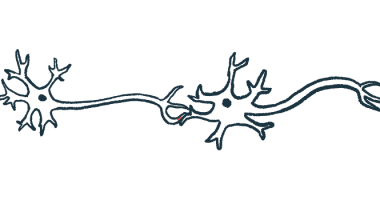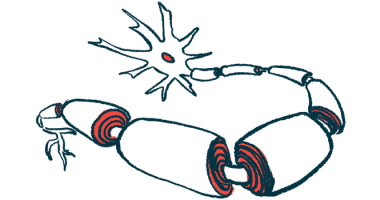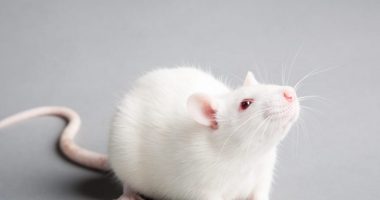Study of CMT Nerve-Muscle Signals May Pave Way to Therapy Trial

Dragon_Fly/Shutterstock thumbs up
NMD Pharma, in collaboration with Aarhus University in Denmark and The Ohio State University, initiated an observational study to assess whether Charcot-Marie-Tooth disease (CMT) patients have deficits in the communication between nerve and muscle cells.
If confirmed, the company plans to launch clinical trials testing one of its experimental oral ClC-1 inhibitors, meant to improve nerve-muscle communication, in people with CMT type 1 or type 2, the two most common forms of the disease.
“This study is NMD Pharma’s first coordinated international clinical trial focused on a rare neuromuscular disease such as CMT and we are delighted to be working with the teams at Aarhus University and The Ohio State University, world-leading experts in neuromuscular research,” Thomas Holm Pedersen, NMD Pharma’s CEO, said in a press release.
“With no currently approved treatments or therapies for this debilitating disease, this study will provide us with valuable insights into the neuromuscular function of CMT patients and therefore the potential benefits of treating these patients with our novel treatment approach,” Pedersen added.
CMT is a group of inherited neuromuscular disorders affecting the peripheral nervous system, the network of nerves that control movement and sensation (touch, heat, cold) to the arms and legs.
William David Arnold, MD, the study’s principal investigator at The Ohio State University Wexner Medical Center, said that “the progressive nature of CMT means that those diagnosed with the disease will lose function and control of their legs and arms over time due to muscular weakness and atrophy [wasting], causing problems walking and running, and with balance and hand function.”
Treatment are “desperately needed to help alleviate these life-altering symptoms and to help restore normal function for those affected,” added Arnold, who is a professor in the department of neurology at The Ohio State University Wexner Medical Center.
Increasing evidence from animal models suggests that problems in neuromuscular junction (NMJ), the site where a nerve cell communicates with a muscle cell, contribute to CMT’s motor deficits.
NMD Pharma is developing small molecules that inhibit, or block, the activity of ClC-1, a muscle-specific chloride ion channel that plays an important role in muscle function. Previous company studies showed that ClC-1 suppression can strengthen neuromuscular communication and ultimately muscle function.
As such, if NMJ deficits are confirmed in CMT patients, NMD Pharma’s ClC-1 inhibitors may help lessen their motor impairments.
The observational study, called ESTABLISH, will compare NMJ health between 20 CMT patients and 10 healthy individuals.
NMJ health will be assessed through electromyography, or the electrical recording of muscle activity following nerve stimulation, on four separate occasions over six weeks. Patients will also undergo a functional assessment, involving tests of muscle strength, fatigue, dexterity, and balance.
ESTABLISH’s results, if confirming the presence of NMJ transmission deficits in CMT patients, will be used to guide the design of future clinical trials to assess the therapeutic potential of ClC-1 inhibitors in people living with CMT types 1 or 2.
“We are pleased to be working with NMD Pharma and The Ohio State University to further assess the possibility of using NMD’s ion channel inhibitor as a treatment for the symptoms of this disease,” said Henning Andersen, MD, PhD, the study’s principal investigator and a professor in the department of neurology at Aarhus University Hospital.
Notably, this treatment approach has resulted in promising preclinical data for myasthenia gravis (MG), a rare neuromuscular disease caused by abnormal immune attacks to key NMJ proteins. NMD Pharma’s lead candidate, NMD670, is currently being tested in MG patients in a Phase 1/2a clinical trial (CHDR1948) taking place in Leiden, Netherlands.







